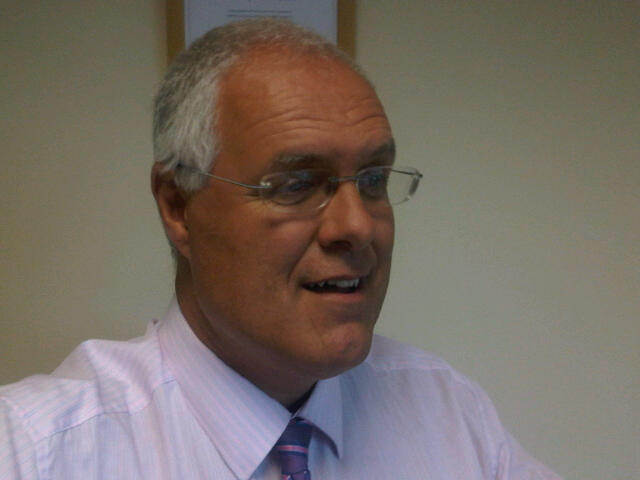When preparing budgets, it is important to remember ALL the activity – and that includes budgeting for taxation payments.
A question that many people will ask me as they prepare to start a new business, is; How much tax do I have to pay, and when do I pay it? The answer is; it depends.
It depends on what? Well, it depends whether your business is a limited company or if you are trading as a sole trader or in a partnership. For limited companies it is fairly straight forward. When the company registered with the Registrar of Companies at Companies House, the Registrar would have informed H.M. Revenue and Customs and H.M. Revenue and Customs (or HMRC) would have written to the directors at the company’s registered office informing the company of its unique taxpayer reference (UTR) and asking for more details.
Once the company has commenced to trade the tax compliance process is straight forward. The company trades for twelve months, at the end of which it prepares accounts, including the calculation of any profit, and calculates the tax provision based on the taxable profit. The deadline for paying the corporation tax to HMRC is nine months after the accounting year end.
So, if a company’s year end is 31st December (say; 2010) then the tax should be paid to HMRC no later than 30th September, 2011 – That is in 30 days time!
The rate of tax will depend upon the taxable profit. Using an accounting year end of 31st December 2010 as an example; for profits up to £300,000, the rate of tax for qualifying companies will be 21% of the taxable profits. For companies where profits exceed £1,500,000 the corporate tax rate will be 28% of taxable profits.
Even though corporation tax should be paid to HMRC within nine months of the company’s accounting year end. The deadline for submission of the corporation tax return (using IXBRL) is twelve months after the accounting date.
For sole traders and partnerships the process is not quite as simple. Sole traders and partnerships fall within the income tax and self assessment rules.
It is important to remember that for income tax, the tax year runs from the 6th April in one year through to the 5th April in the next year. Both the partnership and the individual tax return must be filed (electronically if after 31st October), by the following 31st January. The individual self assessment tax return will include an individuals total taxable income from all sources, including capital gains, for the year ended 5th April, and all allowances due to that individual.
So, for tax returns that need to be filed by 31st January 2012, this will record all taxable income, capital gains, accounting for any allowances for the year 6th April, 2010 to 5th April, 2011.
What are the rates of income tax? There is a starting rate for savings of 10%, but generally, the basic rate of income tax is 20% raising to as much as 50%.
It is the payment of income tax that many people find confusing. Income tax falling within self assessment is paid on two dates; on the 31st January and six months later on the 31st July.
The payment on 31st January is a payment on account of the next tax year, being 50% of the previous years liability; the other 50%, or the second payment on account, is made on the next 31st July. Where profits are rising year on year then payments on account based on the previous years liability is clearly not enough. Therefore on the next 31st January a balancing payment has to be made plus the first payment on account for the next tax year.
Confused? There is no need to be. My advice is to seek professional help from an accountant/tax advisor as soon as possible. After all the payment dates are fast approaching and if you need to make arrangements to save up money, then it would be wise to do that now.
